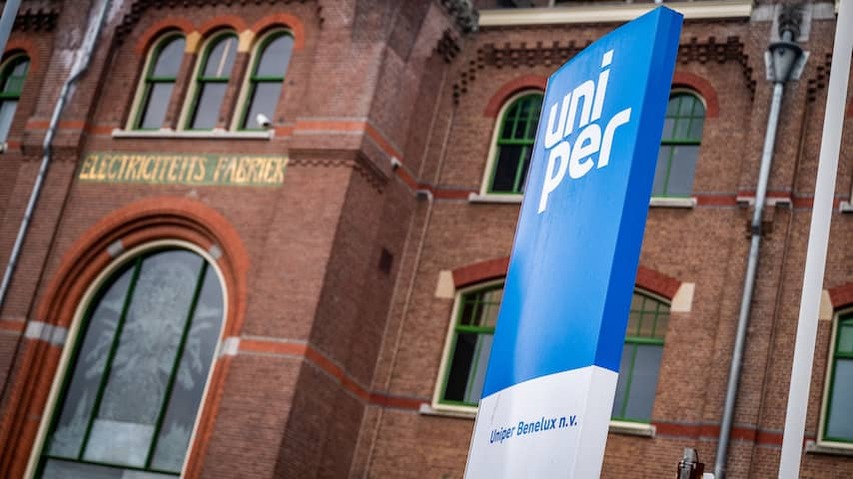
Energy company Uniper is not making any new major investments in the Netherlands for the time being. The German company believes there is too much uncertainty about energy policy and doubts whether it can recoup its investments.
For example, it is unclear what the government plans to do with the so-called capacity market. That is a system whereby electricity producers are not only paid for electricity they actually supply, but also for what they keep in reserve for moments when windmills or solar panels temporarily supply nothing.
Uniper wanted to focus on “flexible green capacity,” says a spokesperson. But this requires compensation for keeping capacity in reserve.
Among other things, the construction of a green gas plant in Amsterdam is being stopped. A project in Limburg for converting biomass into a gas for the production of hydrogen is also being stopped.
The development of a hydrogen plant on the Maasvlakte will continue, but according to a spokesperson, “on the minimal variant.” Uniper does not say how much investment the Netherlands is missing out on in total.
Current Power Plants Will Continue to Exist
Uniper is sticking to existing power plants in the Netherlands. This includes a coal-fired power plant on the Maasvlakte and gas-fired power plants in The Hague, Leiden and Rotterdam.
The company is not alone in its criticism. Last week, grid operator TenneT also issued a warning that the Dutch government must hurry with an investigation into the best way to set up a capacity market. After 2030, there is a threat of periods of power shortages.
The demand for electricity is then likely to be greater, while the supply from solar panels and windmills is not always stable. At the same time, a number of gas-fired power plants are disappearing, which have the advantage that they can be switched on quickly in the event of shortages.